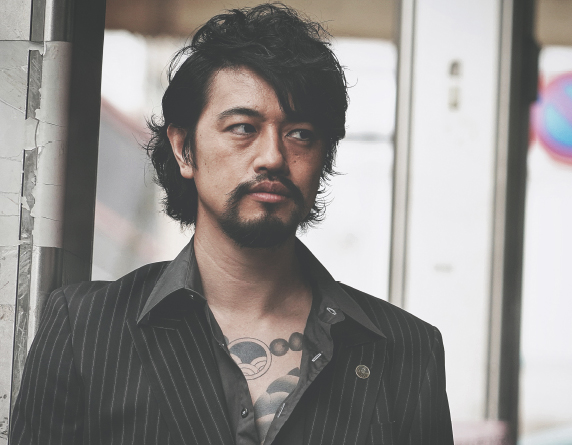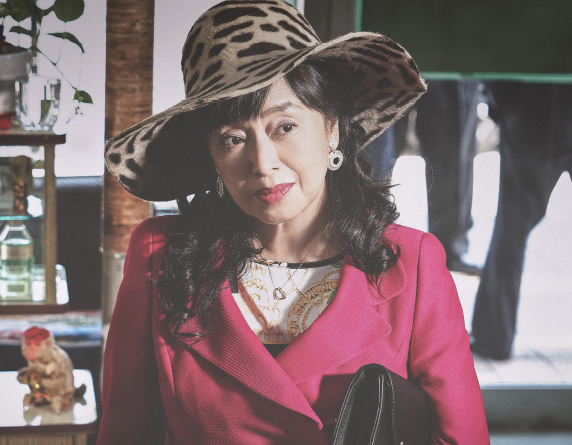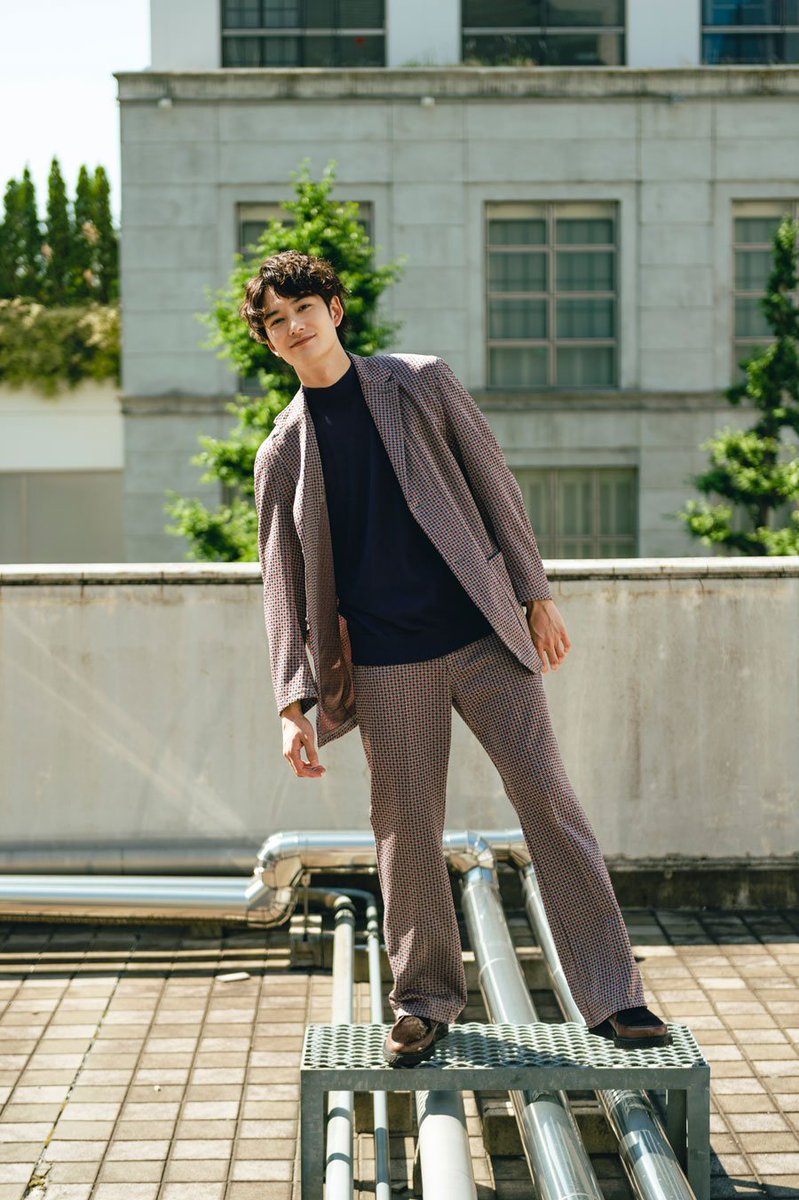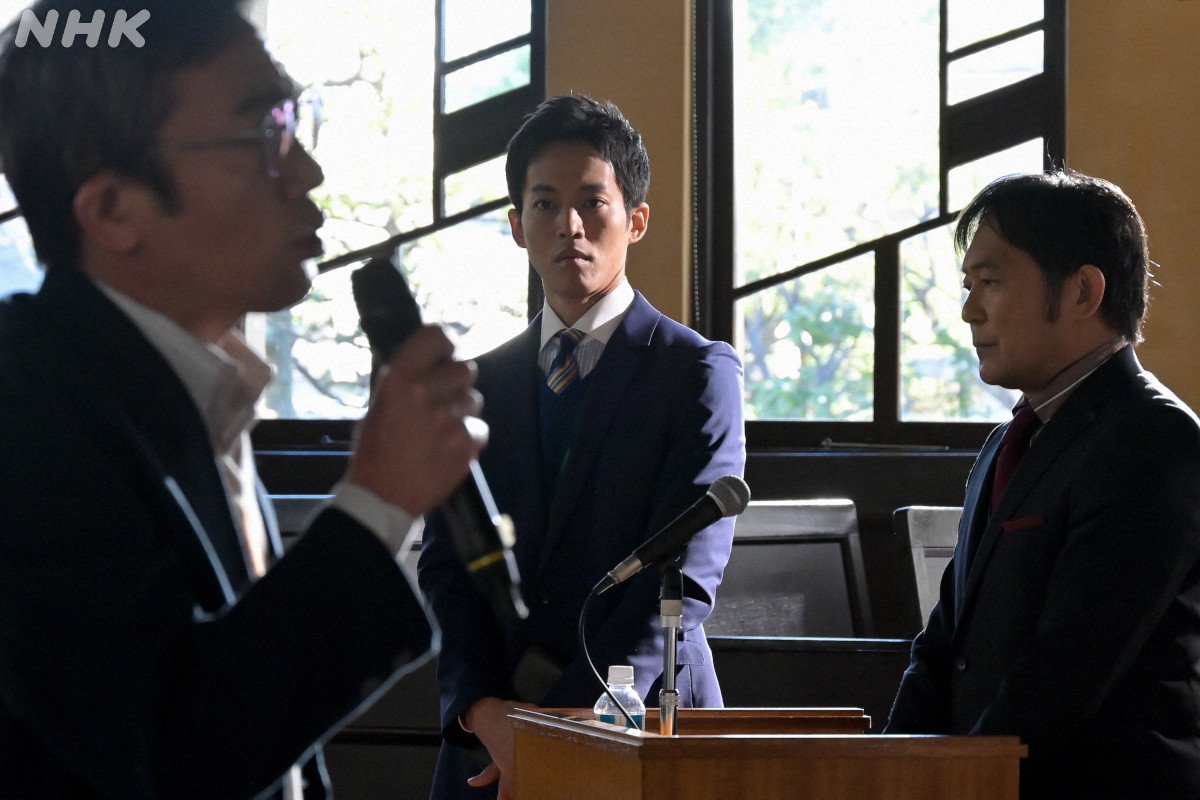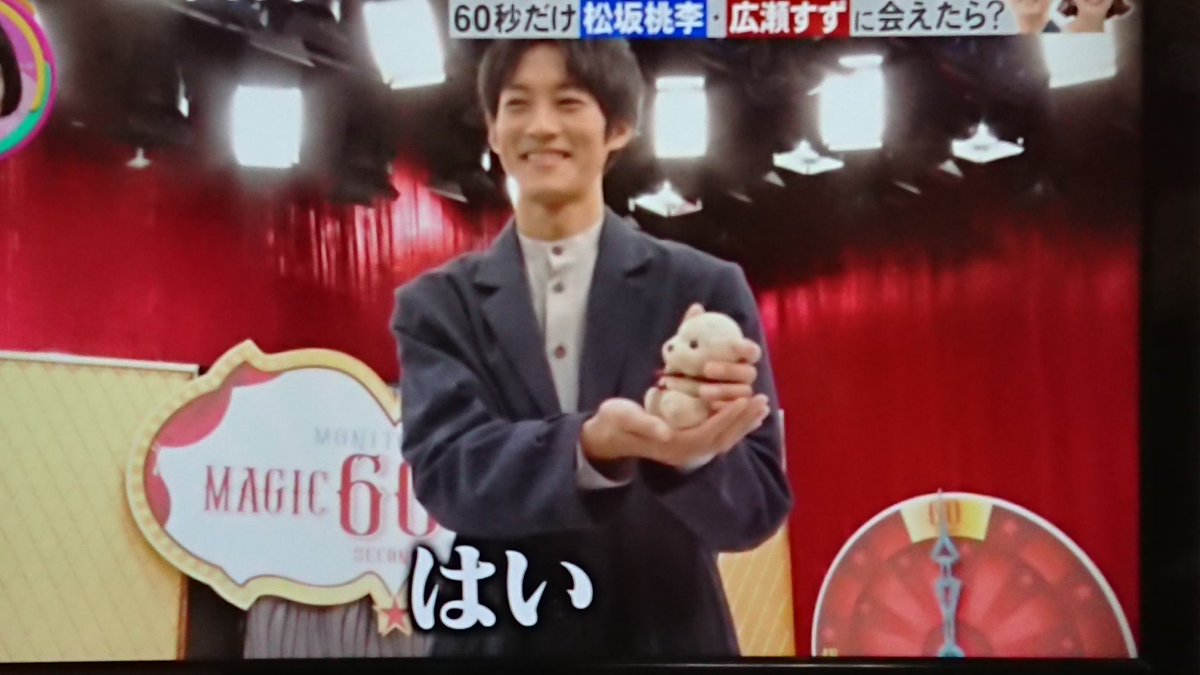
AnoKiss Producer Sari Kijima
SK: About Ep3 Tomoe mom's acceptance, screenwriter Shizuka Oishi wrote various plots and showed it to me and director Keita Motohashi, if we can believe it.
realsound.jp/movie/2021/06/…
SK: About Ep3 Tomoe mom's acceptance, screenwriter Shizuka Oishi wrote various plots and showed it to me and director Keita Motohashi, if we can believe it.
realsound.jp/movie/2021/06/…
SK: Then at home, I asked my mother, "What would you do if I died and suddenly came back as an uncle?" She smiled bitterly and said, "Well, I don't like it but I guess I'll just trust you and make dinner."
That's how we get the idea for the scene.
That's how we get the idea for the scene.
SK: Arata Iura is the last one to be casted in this drama. We had a hard time finding one who can play this while being an opponent of Tori Matsuzaka.
SK: Iura had a cool and quiet image in his works so far, but I found out that he was a very playful person on the day of Nijiro Karte crank-in.
I saw him bouncing with a big body and immediately made an offer, feeling that if he plays Tomoe, the viewer would naturally love him.
I saw him bouncing with a big body and immediately made an offer, feeling that if he plays Tomoe, the viewer would naturally love him.
SK: I am very grateful looking at the response. Not only the main character, but also Takamizawa played by Shohei Miura, Goda played by Tsubaki Nekoze, Shinji Sorimachu played by Shinji Rokkaku, and so on.
SK: There are many voices, and I think it's all thanks to the wonderful performances of the cast members. Also, as the story goes on, I'm glad that the number of viewers who see Iura and Aso as "one person" is increasing.
SK: After the broadcast of the kiss scene in episode 7, I saw many voices discussing things as "men and women", "life and death", and many supported the love between Momochi and Tomoe, that I wanted to do it through this work but always wondered if I could reach.
Q: Any particular scene you think amazing?
SK: It's a bit awkward for me to say this, but it's where, at the beginning of episode 7, when Tomoe expressed her anxiety, "I wonder if I'm going to disappear," Momochi got angry and said, "That's not true."
SK: It's a bit awkward for me to say this, but it's where, at the beginning of episode 7, when Tomoe expressed her anxiety, "I wonder if I'm going to disappear," Momochi got angry and said, "That's not true."
SK: There was no "angry" note in the script. I had imagined Momochi to be anxious, so I was surprised when I saw that performance suddenly.
But while editing when we connect the scenes, I realized that Matsuzaka is deliberately planning to get angry.
But while editing when we connect the scenes, I realized that Matsuzaka is deliberately planning to get angry.
SK: I was surprised at first, but then I realized that he was trying to portray Momochi's growth throughout the whole episode. I learned a lot from the subtleties of Matsuzaka's performance.
SK: He was such a lead who always thought about "what should be done to make the whole work better", not just about a single role.
SK: I wanted to portray the theme of death with laughter. I think that the death of someone special is something that cannot be overcome forever and that we must keep up with it.
SK: That's why I made the final episode with the hope that it'll be a story that hugs the back of someone who is sad and crying in a corner of the world. The title "If you kiss me at that time" might mean at first episode as he should have kissed her before she became a stranger.
SK: However, the meaning will change after you watch the final episode. I hope that the value of saying "Thank you, I love you" when a loved one is by your side will reach many people. <END>
• • •
Missing some Tweet in this thread? You can try to
force a refresh







